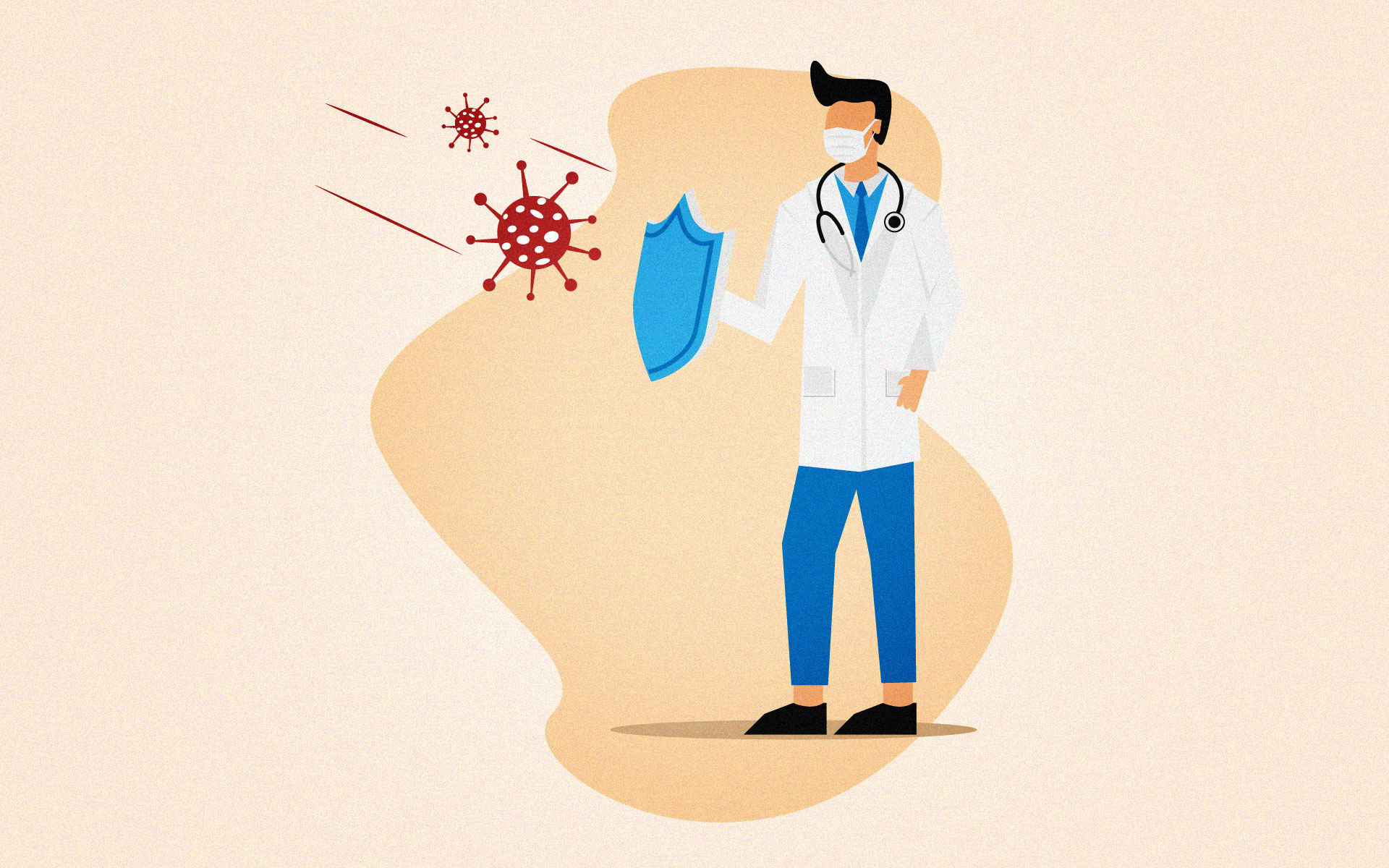A no-panic guide for the newly-diagnosed
You wore a mask, you sanitised your hands, you avoided social gatherings. And yet somehow, you still contracted COVID-19. What are you supposed to do now?
Dr Anthony Smith, General Practitioner and Director of the Masks for Medics COVID-19 initiative in Cape Town, provides the following tips to keep you safe and comfortable.
Stay at home
If you come up with a positive test, you are going to be infectious to others. With this in mind, you need to stay inside and at home for 14 days.
After this time, you can go back to normal (mask-wearing, sanitising) life, and you won’t need another COVID test to show that you’re non-infectious.
Try to self-isolate within your home
If it’s possible, practically speaking, try to stay apart from your other family members. If you can’t do this completely, just do the best you can.
Use separate utensils, sit in different parts of the house, make sure lots of fresh air comes into the room, use different bathrooms and bedding, and wear masks when you’re in the presence of each other.
Be reassured that household infectivity is in the order of 10%, so only one in 10 family members gets infected when someone is sick at home.
Don’t panic!
Try to remember that the vast majority of people with COVID get better – and even if you do have risk factors, the chances are overwhelming that you will be fine.
If your anxiety levels are high, speak to your doctor, contact one of the helplines, or arrange a Zoom consultation with a psychologist.
Get support
While you may need to keep your physical distance from others, you still need a network of people who can help and support you.
Support comes in many different forms, from family and friends to phone calls to online communities.
Just don’t isolate yourself completely, and don’t stop speaking to people. You can feel miserable if you stay by yourself for too long.
Look out for these danger signs
Pay attention to the danger signs that you’re getting worse and require further attention.
Get in touch with your doctor if you aren’t eating or drinking; if you’re feeling increasingly weak; if it’s difficult to walk, and your balance is poor; if you’re having difficulty breathing; if your coughing is severe or you have bad chest pain.
If you’re you’re feeling really bad and it’s difficult to get hold of someone, go to an outpatient casualty.
Take care of yourself
Stay hydrated and try to keep eating. Your appetite will almost certainly go while you are ill. If you don’t feel hungry or well enough to eat anything heavy, try soft, nutritious foods like broths and soups.
Be patient
Whether it’s fatigue, coughing, pain or shortness of breath, one or two of your symptoms might linger for several weeks or months – so don’t be alarmed. Be patient, take it easy, resume exercise only when you feel up to it, and start slowly.
Keep in touch with your doctor
If you have comorbidities – diabetes, uncontrolled hypertension or obesity, for example – these are reasons for you to keep in close contact with your doctor to make sure that you’re on the right track. Even if you don’t have other problems, don’t hesitate to contact your doctor if you are worried or need reassurance.

Leave a Reply